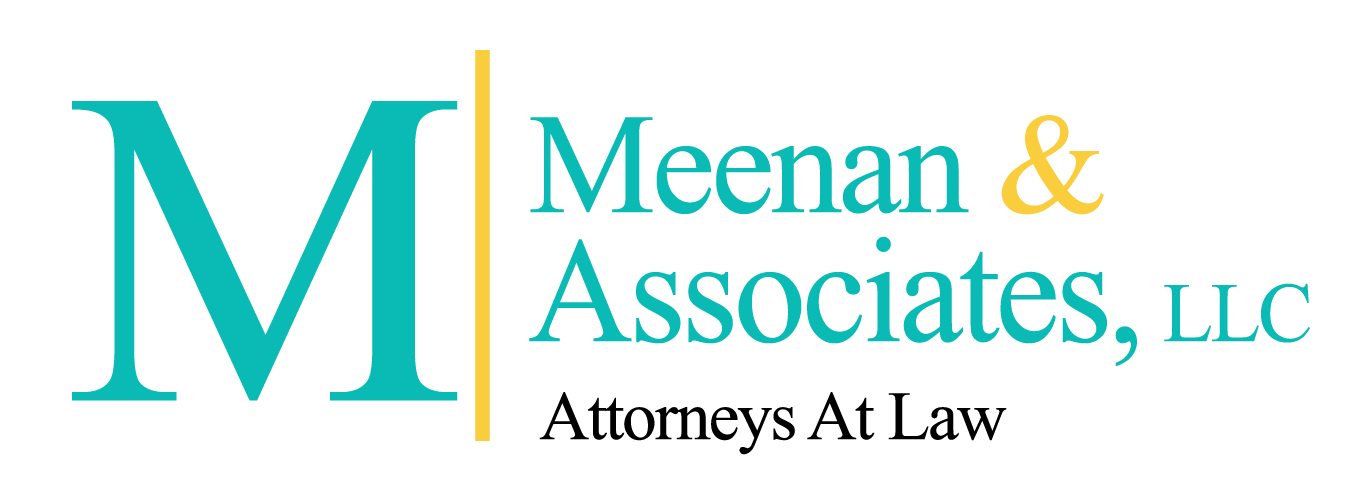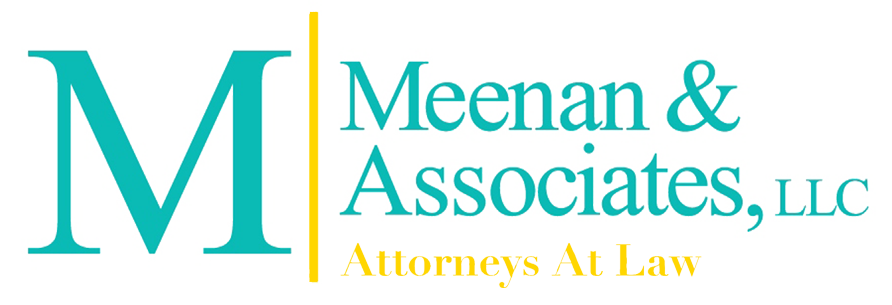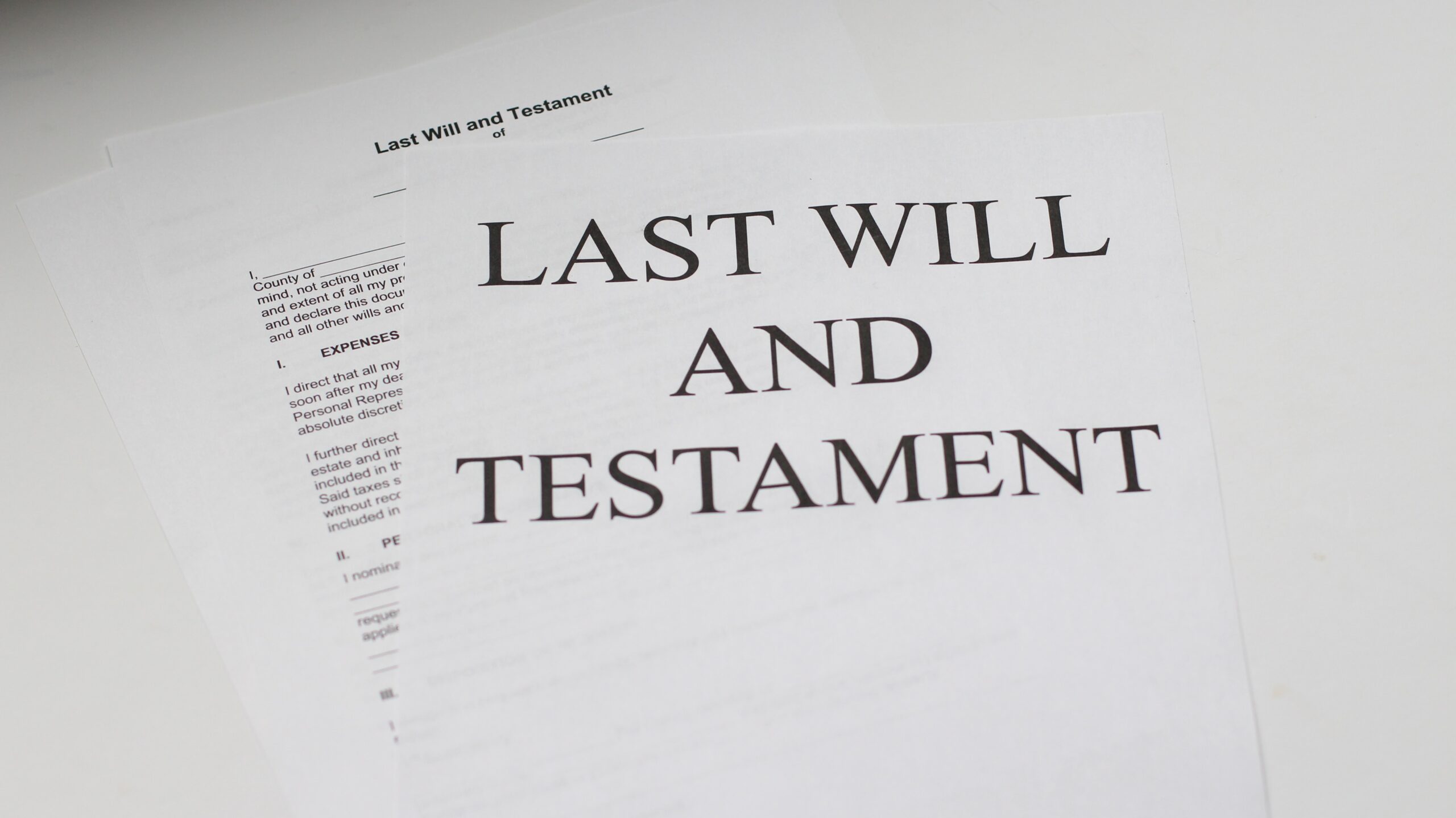Many of us assist clients with estate planning, including the drafting of powers of attorney, health care proxies and wills. The COVID-19 pandemic and the recommendations of social distancing, isolation and quarantining, have made supervision of execution of these documents difficult and potentially life-threatening. Although the Governor has issued an executive order permitting remote notarization of documents, the laws still require that the signing of wills, health care proxies and statutory gift riders (SGR) to powers of attorney be in the presence of two witnesses, who also must sign those documents. While COVID-19 has increased the public’s awareness of the need for proper estate planning, the statutory requirements for witnessing of documents have posed logistical challenges to estate planning attorneys seeking to assist their clients.
Public Health Law § 2981 requires that a principal’s execution of a health care proxy be in the presence of two adults, neither of whom is appointed as agent under the proxy, and that those adults sign the proxy and state that the principal appeared to execute the proxy willingly and free from duress. Similarly, General Obligations Law § 1514 requires that two persons who are not named as permissible recipients of gifts witness the principal’s signature of a statutory gift rider attached to a power of attorney.
As a practical matter, execution and witnessing of these two documents during the COVID-19 pandemic can take place in private or public outdoor space, with the principal and each of the two witnesses at least six feet apart. There is no statutory requirement that the attorney draftsperson be physically present, and no bar to an attorney remotely supervising the execution of these documents by a competent client with full understanding of the nature of the documents.
The supervision of will execution ceremonies by estate planning attorneys is slightly trickier. There is a presumption of validity of a will where an attorney supervises its execution, but there is no requirement that an attorney be physically present during a will execution for a will to be valid. Estates Powers and Trusts Law (EPTL) § 3-2.1 requires that a will be signed by the testator making the will, or by someone else in the testator’s presence and at the direction of the testator. Further, the statute requires that such signing (or acknowledgment by a testator that his or her signature was affixed by him or her or at his or her direction) take place in the presence of each of at least two attesting witnesses. The statute does not require that the witnesses sign in the presence of the testator or in each other’s presence. Although the testator may sign or acknowledge his signature separately to each attesting witness, the witnesses must attest to the signature or acknowledgment within a period of thirty days of each other.
The sole exception to EPTL § 3-2.1 is contained in EPLT § 3-2.2, which permits the making of “nuncupative and holographic” wills by mariners while at sea and by members of the armed forces serving (or a person serving with or accompanying an armed force) during a war or other armed conflict, and mariners while at sea. A nuncupative will is defined as an unwritten will, the provisions of which are established by at least two witnesses, while a holographic will is written in the testator’s handwriting but is not executed and attested with the formalities required by EPTL § 3-2.1.
New York should issue guidance permitting the witnessing of wills, health care proxies, SGRs and other important documents via remote video technology such as Facetime, Skype, Zoom and Google Hangouts that permit multiple parties to remotely participate, visually and orally, in the execution ceremony for these documents, without being physically present in the same room. In addition, New York should expand the circumstances under which nuncupative and holographic wills are permitted to include the current COVID-19 pandemic, in order to facilitate the making of valid wills during this time of urgent need for them.


